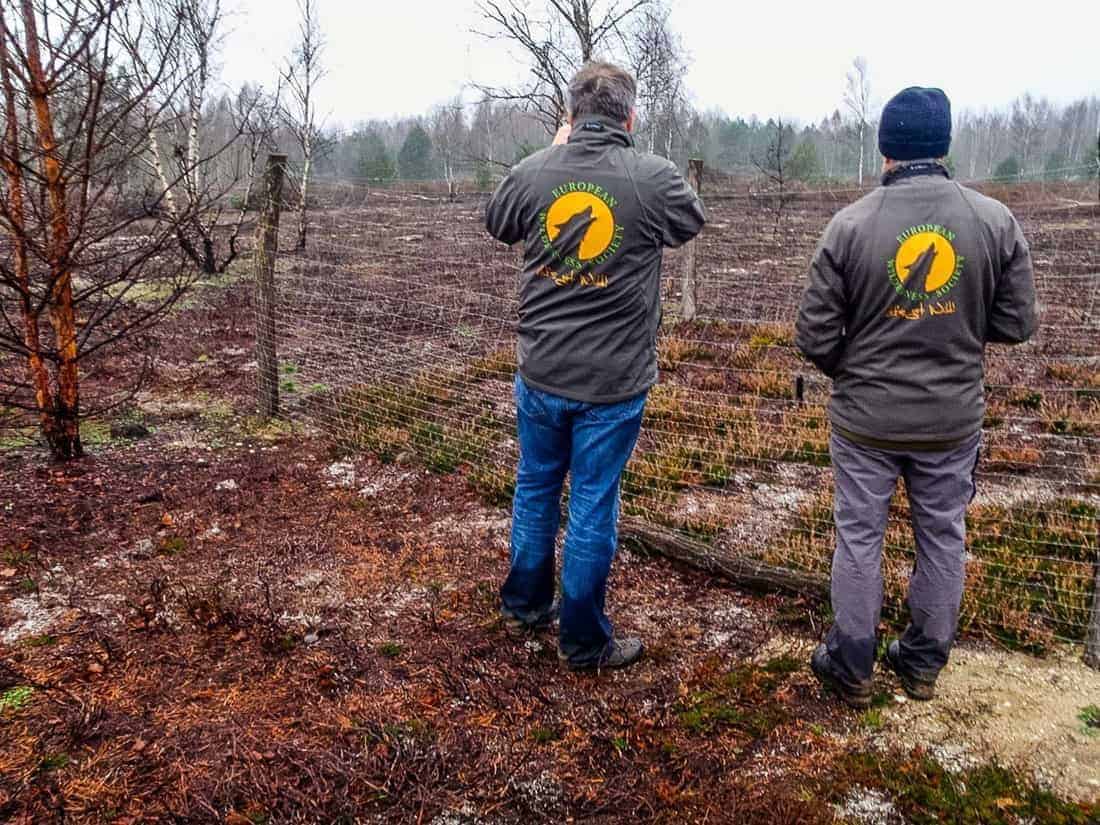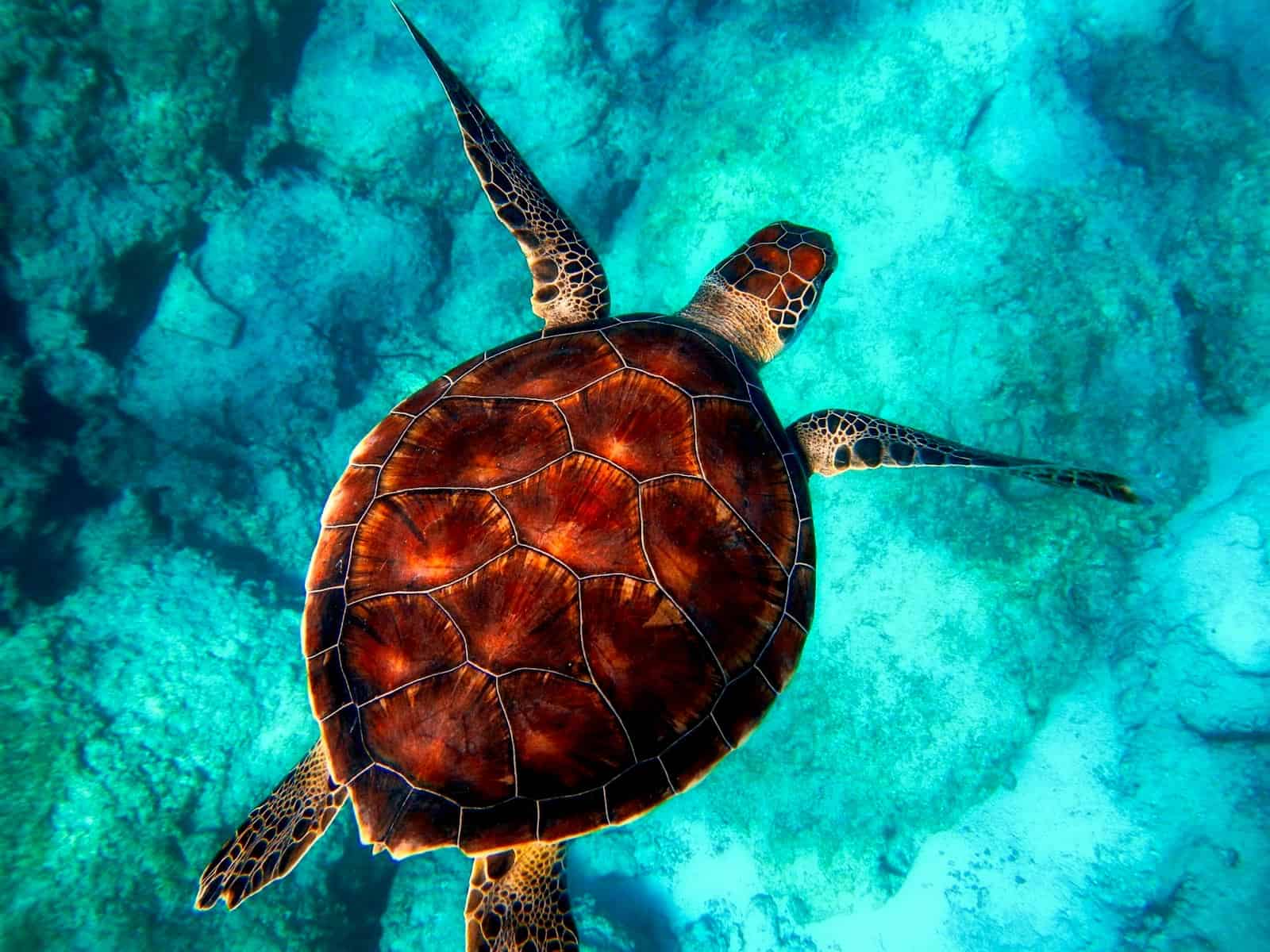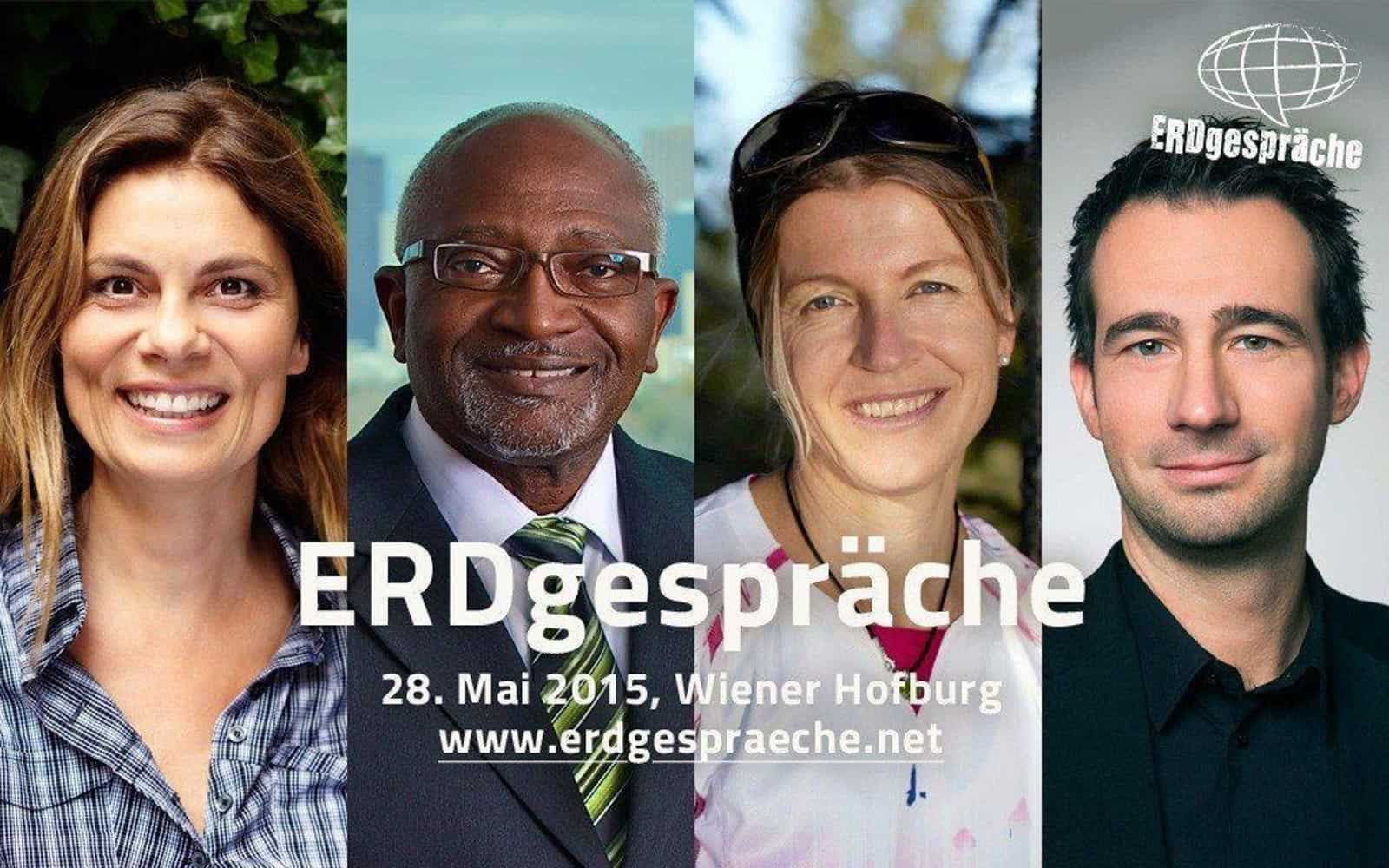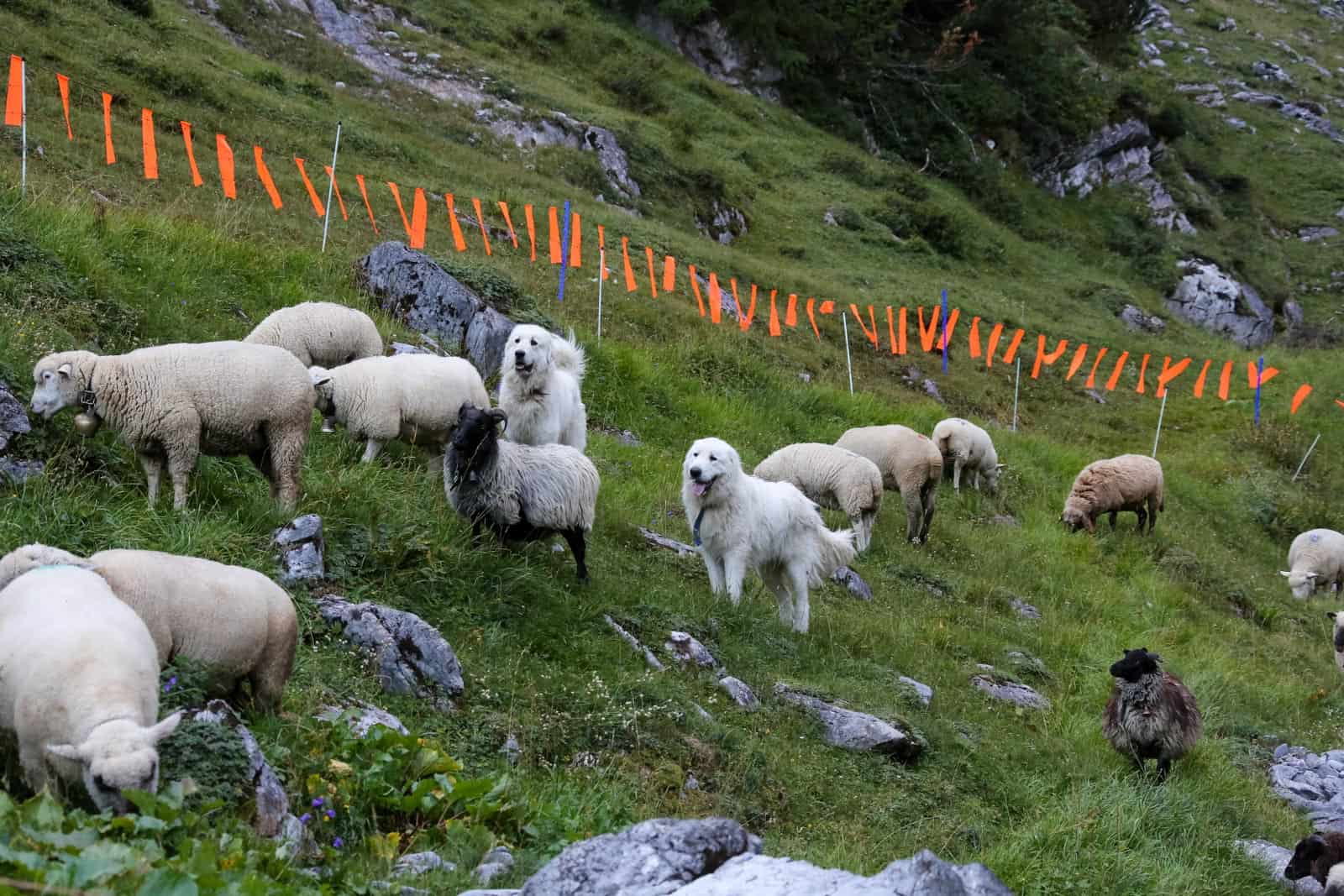The end of nature?
There is not a single day going by where we do not read or receive reports of some form of logging happening in protected areas or areas of exceptional biodiversity value. Often the reason being mentioned is a potential bark beetle or other disease outbreak, invasive species management or fire management measures.
Humans seem to only trust themselves to know what is best for not only humans but the ecosystem as well. Here in the Anthropocene, natural systems, are being heavily altered by human activities on a planetary scale, and we believe it has to take active interventions to stop and reverse these trends. We believe that for natural systems to continue to operate at their best and to harness these systems, people have to intervene.
What we often overlook in this discussion is, that it was in fact a series of human decisions which have led us to this tipping point. The message that people need nature, has been publicly promoted by the Nature is speaking campaign launched in 2014 by Conservation International. In this campaign, well-known celebrities speak for nature and emphasize that instead of nature needing people, it is people who need nature. As Julia Roberts’ voiceover of Mother Nature says, “Your actions will determine your fate, not mine. I am Nature. I will go on.” But is this really so?
To dive deeper into this topic, today we have a guest essay written by our American Wilderness advocate, Tobias Nickel. In fact, this is part one of the five-part essay series, called Environmental Stewardship in a Post-Natural World.
About the author
Hailing from Cologne, Germany, Tobias Nickel first discovered his love for backpacking and the American West while attending college in California. He graduated from the University of San Diego with a degree in environmental science, philosophy, and political science. Working as a guide for the university’s outdoor adventure center, Tobias led trips to wilderness destinations across the American Southwest. Following graduation, Tobias worked for the National Park Service, the U.S. Forest Service, the Bureau of Land Management, the California Wolf Center, and the Catalina Island Conservancy. Currently, Tobias is a Wilderness Research Fellow with the U.S. Forest Service and finishing up his Master’s in Environmental Management at Western Colorado University. Tobias has a deep passion and appreciation for wild places. His current research is focused on the implications of the Anthropocene for wilderness stewardship.
Introduction: The End of Nature?
Welcome to the “The End of Nature? Environmental Stewardship in a Post-Natural World” essay series. This essay series is, in part, a response to a recent European Wilderness Society newsletter entitled “Why is it so hard to show restraint?” and a continuation of the debate about managerial intervention in wilderness catalyzed during the International Wilderness Week last fall. Ultimately, I believe one’s stance regarding human intervention in wilderness is grounded in one’s conceptualization of nature and view of the human-nature relationship, which is the subject of this series.
In the four essays that follow, I will revisit the idea of nature separate from humans to arrive at a more nuanced understanding of what does “nature” mean to us born into a world of anthropogenic climate change. In a world dominated by Homo sapiens, what is our relationship to the rest of the community of life? Is there any pristine, independent nature left for us to defend and protect? Are we part of nature and what does that even mean? And, what are the implications of the Anthropocene for wilderness stewardship?
These are the questions that I will try to shed some light on in this series. I must warn the reader that I will not deliver any final, ready-made answers to these multifaceted questions. My goal with these writings is to inform and stimulate continued debate and exchange of ideas on these important topics, hopefully steering us toward a positive evolution and more modern adaptation of the wilderness ideal.
In 1989, journalist and environmental activist Bill McKibben published The End of Nature, sounding the alarm on anthropogenic climate change and its profound implications for human societies and the environment. In proclaiming the end of nature, McKibben did not, however, predict a mass extinction of life on Earth (though I am sure that was on his mind as well). Rather, he described the demise of an idea, in a similar vein to when Friedrich Nietzsche declared the “death of God” a century earlier. The specific idea that McKibben mourned was that of pristine nature, that is, nature as an independent force not subjugated to human purpose, design, or influence, or, as he put it, “the separate and wild province, the world apart from man.”
For McKibben, the evidence of anthropogenic climate change renders the idea of independent, pristine nature untenable. The massive human tampering with the chemical composition of the atmosphere means that we are changing the climate and thereby leaving our imprints everywhere. Even the most remote places on Earth, such as the polar icecaps and high mountain peaks, are not immune to global climate change. In fact, it turns out that these places are particularly vulnerable to this type of perturbation. As unintentional engineers of the global climate, humans now have their hands in everything, and everywhere we look we can detect the signs of our own species’ activities. In the age of anthropogenic climate change, McKibben (1989) resignedly concludes, “our sense of nature as eternal and separate is washed away.”
Despite McKibben’s book and others who have declared the idea of nature separate from humans as dead, the word “nature” remains as prevalent in our discourse as ever, though its meaning often remains ambiguous. This is evidenced by popular phrases (e.g., “back to nature,” “letting nature take its course,” “communing with nature”), concepts (e.g., nature therapy, force of nature, the natural world), organizations (e.g., The Nature Conservancy, Nature Rx), entertainment programs (e.g., Nature PBS TV services), brand names (e.g., Nature’s Bounty, Nature Made), etc. Importantly, the word “natural” also features in many of our countries’ landmark conservation laws, such as the National Park Service Organic Act of 1916 and the US Wilderness Act of 1964. Clearly, the words “nature” and “natural” and associated notions and underlying ideas are not going to suddenly disappear from our collective memory and vocabulary. Therefore, I think it is worthwhile to try to make better sense of this elusive concept to learn what, if anything, it might have to offer to us today.
My exploration of the concept of nature will be structured into four sections. In the first essay, I want to clarify what I mean when I refer to nature as an independent force apart from humans. In the second piece, I will revisit McKibben’s scientific argument for the end of nature and supplement it with more recent findings from scientists studying Earth systems. Specifically, I want to discuss the proposed geological epoch of the Anthropocene and the planetary boundaries framework in an effort to illuminate the contemporary human-nature relationship. In the third essay, I will discuss what I call the ontological argument for the end of nature. According to this argument, humans have always already been part of nature, and the idea of nature independent of humans is a dangerous illusion. Finally, I will discuss implications from these arguments for conservation and environmental protections, with an emphasis on the US Wilderness Act of 1964.
Thank you for reading and joining us on this attempted exploration of the concept of nature and of how we can collectively steward wilderness in the Anthropocene. The four subsequent essays will be published weekly over the course of the next month.








